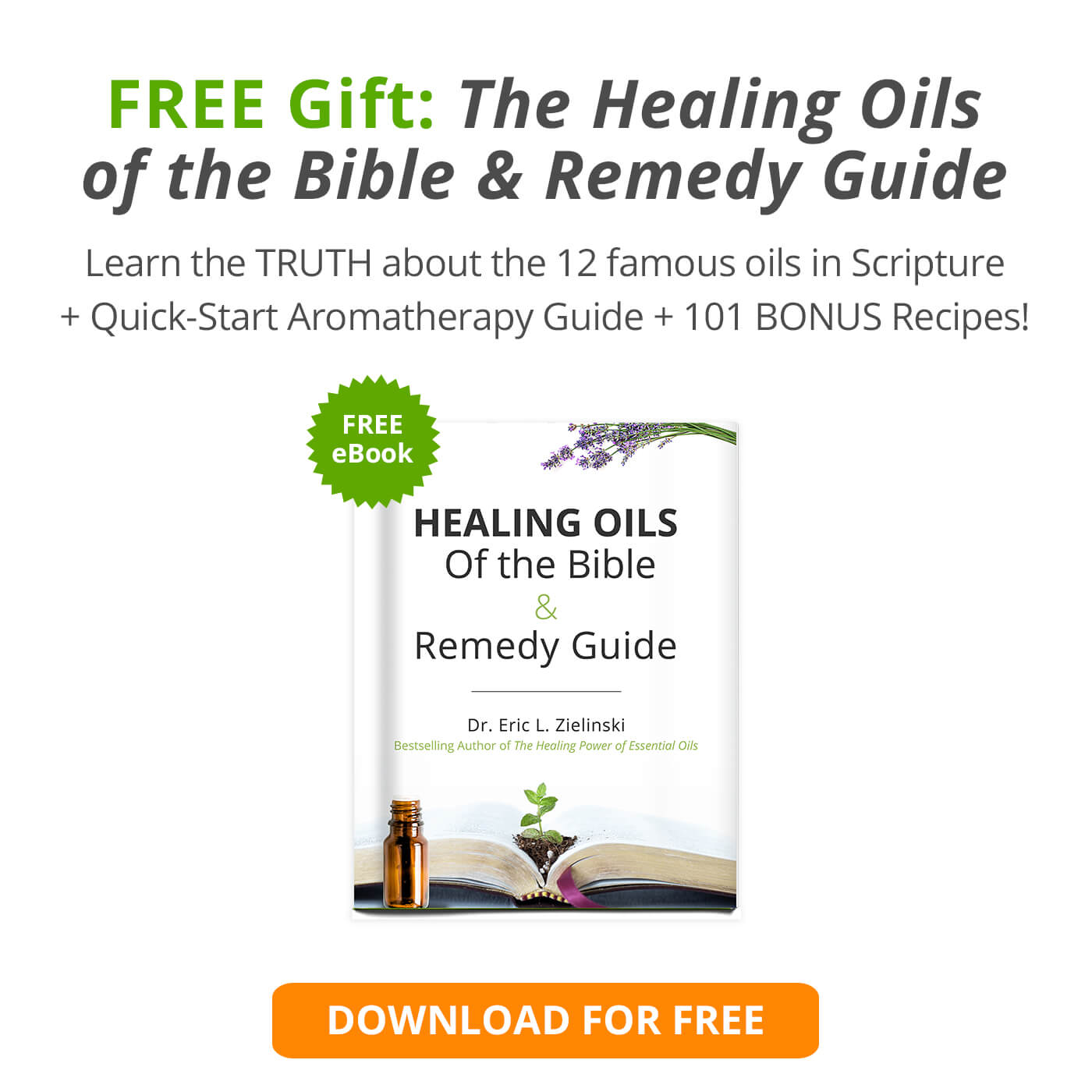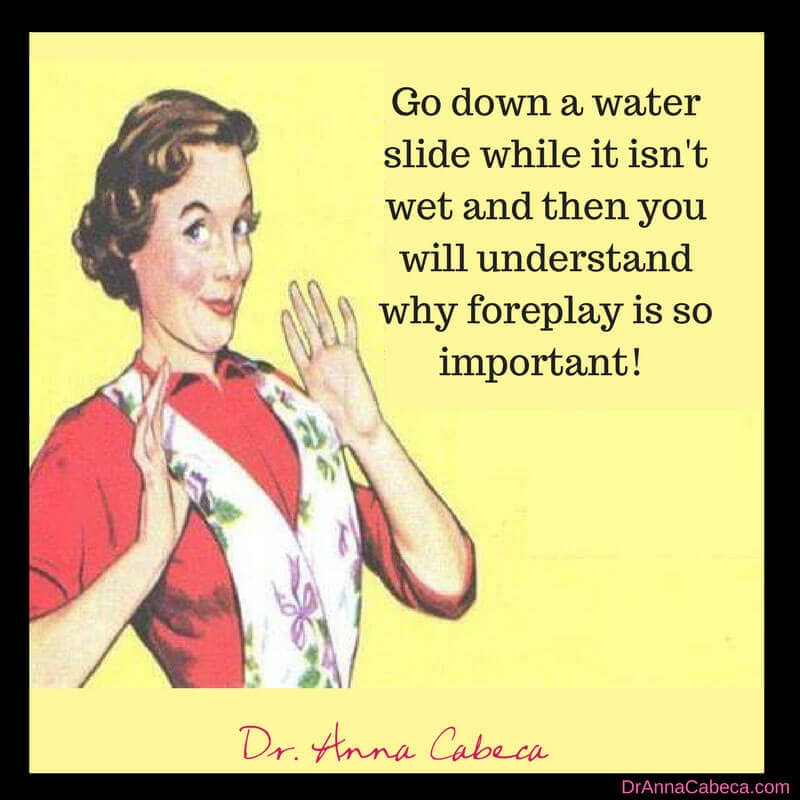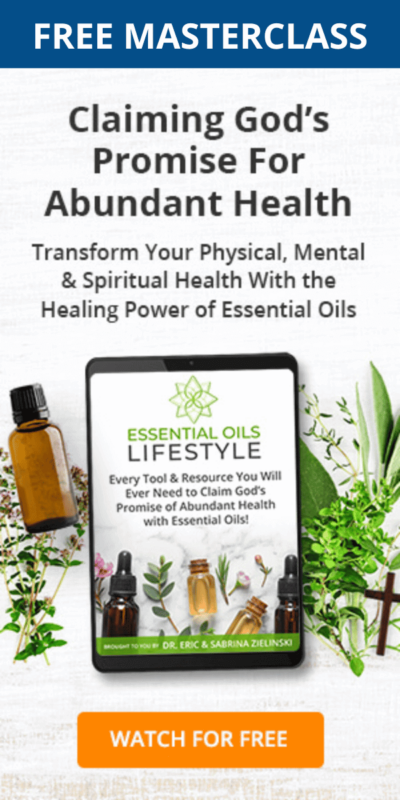This featured article was written by our dear friend Dr. Anna Cabeca. Not only is Dr. Anna a woman of deep faith in Christ, she is a triple-board certified OB/GYN and the creator of Julva® – an anti-aging feminine cream for women and MightyMaca™ Plus – a superfood hormone balancing health drink. Below, Dr. Anna shares her thoughts on vaginal dryness symptoms, the causes, and natural relief for vaginal dryness for women young and old alike. Be blessed ~ Dr. Z
Each day I hear from women who are experiencing and want to know what causes vaginal dryness. Young and old, single and married, moms… and those having had cancer, hysterectomies, or other health issues.
Let me just tell you that there is a great deal of misinformation out there…as to “who needs to know what” about their lady parts “down there.”
Table of Contents
Vaginal Dryness Symptoms Quiz
Are YOU in need of some additional information? Answer these questions and let me know how you do!
- True or False: Even younger, pre-menopausal women in their 20’s and 30’s can experience vaginal dryness
- True or False: Hormone disrupters and certain medications can affect your vaginal ability to produce moisture at any age
- True or False: Vaginal dryness means we are not “turned on”
- True or False: Vaginal dryness is a part of aging and there isn’t much that can be done about it
- True or False: Estrogen is the only hormone solution to vaginal dryness
- True or False: Vaginal dryness can cause relationship issues
- True or False: Vaginal dryness is only a health concern for women having sex
1: True 2: True 3: False! 4: False! 5: False! 6: True! 7: False!
So how did you do? Did you score 100%? Were you surprised with your score? I find that most women do not score 100% on this little test…
…and so many women simply don’t ask their doctor about any of this either (only 20-25% discuss related symptoms with their doctor according to research; yet think of how impactful vaginal symptoms can be).
Why are so few women talking about vaginal dryness symptoms, you may be asking? Some are embarrassed, others feel it is just the way it is and that they just have to deal with their vaginal dryness symptoms. Others are not aware of all of the different treatment options. Unfortunately, the changes in the vagina are gradual so that symptoms remain unnoticed until there is pain or other more serious symptoms such as incontinence.
So… what’s a woman to do about vaginal dryness symptoms? First, we need to change the paradigm about what is a very treatable set of symptoms.
We need to be educated on what’s happening with your health (“down there”) because there are so many things that can be naturally done to address and improve upon issues with vaginal dryness (and other vaginal symptoms) in all women, young and old.
Real Causes of Vaginal Dryness
While the biggest factor for many women is simply the natural decline of sex hormone levels as we age, there are other things that can cause or worsen vaginal dryness as well:
- Being postpartum and breastfeeding
- Stress and anxiety
- Antihistamines, antidepressant, and anticholinergic medications
- Douching
- Irritants such as soaps, perfumes, bubble baths and etc.
- Estrogen and hormone-disrupting practices (eating meat that contains hormones, smoking, exposure to toxins in the environment, and even your personal care products!)
- Gut imbalances (food sensitivities and allergies)
- Insufficient arousal
All of these can impact vaginal dryness and irritation. So, what’s the good news? There are a lot of relatively easy (natural) things you can do to positively affect your vaginal health – things you can also do to address what is happening to your declining and imbalanced hormone levels as well.
What IS Happening to Your Hormones?
As you age your sex hormones naturally decline. Progesterone starts to decline first, as well as estrogen and androgens such as testosterone and DHEA. You will start to see:
- Some 75% of post-menopausal women suffer from vaginal dryness and the other vulvar-vaginal symptoms listed above. (1)
- Dryness, discomfort, and a little leakage becomes the “accepted” norm!
- Decreased desire, arousal, and orgasm
- Increase in vaginal pH and decrease in healthy vaginal flora (more bladder and vaginal infections!)
- Diminished natural lubrication
- Things may start to just “hurt” down there! Especially during intercourse
- Reduction in the elasticity of the vagina, and thinning of the skin
- Pelvic prolapse symptoms (pressure, incontinence)
- Vaginal dryness affects your relationships, too.
All of these changes can impact your desire to be intimate (because it hurts!…seriously if you have pain every time you have sex, why would you want to?).
You may have a feeling of disconnectedness as your marriage/relationship doesn’t have the intimacy you really crave.
You may feel anxiety, or reduced sense of self-confidence and self-esteem as you suffer from discomfort, irritation, and other issues (don’t even get me started on the topic of leaking! But that’s connected to these same declining hormones, too!).
In one study (REVEAL) 80% of women reported that they experience pain during sexual intercourse “at least sometimes” and also reported that they just “dealt with” their symptoms, viewing them as a natural part of aging that they couldn’t otherwise treat! (2)
In another study (REVIVE) 59% of women reported that their vaginal dryness symptoms affected their enjoyment of sexual activity. (3)
And in yet another study (CLOSER), 38% of women and 39% of their partners reported that vaginal dryness and related vaginal symptoms resulted in a loss of libido (64% of women; 52% of men). (4)
And even for women who aren’t having sex, vaginal dryness symptoms can make you feel older than your years. It can be uncomfortable enough to make you stop doing the things you once enjoyed (jogging, cycling, horseback riding…etc.). Plus it is a signal that declining hormones are impacting you. You need to address the warning before other more serious health issues occur, such as incontinence.
Relieving Vaginal Dryness Symptoms
I always say do the simple stuff first. Vulvar and vaginal dryness and overall vaginal health can be tackled with many different – easy and natural – approaches.
1. Minimize Toxin Exposures
Many soaps, bubble baths and the like contain irritants, and some even expose you to endocrine-disrupting chemicals. Reading labels and reducing the worst offenders can help. I recommend people do some reading at EWG.org. This is a wonderful site that provides great info on toxins in your personal skin care products, foods, homes and more.
2. Talk with Your Doctor!
Have your doctor check all of your medications in case any are known to cause vaginal dryness. And be proactive in discussing symptoms with your doctor! In one study (VIVA) 42% of women experiencing vaginal discomfort didn’t realize these symptoms had anything to do with their hormones and that their symptoms could be treated. And 75% of these women had experienced their symptoms – without trying to do anything about them – for at least a year.
3. Use Natural Lubricants
These do not contain additional chemicals that are found in many commercial lubricants. Natural lubricants can help with discomfort during intercourse, although they do not provide long-term relief. Some favorites of mine are Ayurveda ghee and organic coconut oil. Here’s a video to a DIY natural lubricant.
4. Consider Using Julva®.
I created a product called Julva that can help!
Free Trial Pack For Dr Z Readers! Here’s a free trial offer just for our Natural Living Family community!
5. Add Probiotics & Essential Fats
Eat healthy fatty food choices like oysters, salmon, free-range eggs, avocado, olive oil, and butter from free-range cows. Add in fermented foods rich in probiotics such as kimchi, kombucha, and pickled veggies, or supplement with a good probiotic. Consider eliminating some high-allergy food choices like gluten and dairy (talk with your doctor about what might be best for you).
6. Do Your Kegels!
To get the blood flowing into those vaginal tissues (important to keep things from drying and losing elasticity), make sure you are doing your pelvic floor exercise! These are important to keep doing until we die!
7. Use Essential Oils.
I have a few favorite essential oils that I like to mix in with my DIY lubricant. My favorites – and ones that have been shown to soothe vaginal tissues – include Salvia sclarea, Roman chamomile or Cape chamomile, rose, lavender, frankincense and sandalwood. Please note a word of caution. Never use essential oils straight into the vagina. Always use a carrier oil or my recipe above and test the oil first on your inner arm to make sure it doesn’t irritate you.
8. Educate Yourself About Hormone Treatment
I know the topic of hormone treatment is confusing. But know there are therapies that can support you. Here is a very brief summary:
- Hormone replacement therapy (oral doses of estrogen, often referred to an HRT) – While oral estrogen therapy can be helpful for hot flashes, it really hasn’t been found to significantly resolve vaginal dryness issues. Estrogen also isn’t recommended for women having had breast cancer. Note that some 40% of women receiving oral estrogen therapy continue to have their persistent vaginal symptoms (dryness, pain, irritation, etc.) (5)
- Estrogen therapy (locally applied) – May improve vaginal moisture and irritation and can reverse the dryness of vaginal tissue (and reduce painful sexual intercourse).
- Androgen therapy (locally applied)* – I have been prescribing natural androgen hormone alternatives such as DHEA and other natural hormones – as have some of my peers – for almost two decades, with tremendous results. And the research is substantiating DHEA as a viable and healthy solution all of the time. Just this past November the FDA approved the first DHEA vaginal suppository to address pain during intercourse, for example. And research has also shown DHEA can positively affect libido, arousal, and sexual satisfaction, as well as improve vaginal musculature (to improve pelvic health and prevent leaking).
*This is why it is included as one of the soothing and restorative ingredients that I use in Julva®, my new anti-aging feminine cream for the vulva.
I’d love for you to try it risk-free and am offering our readers a free trial size.
Using Essential Oils for Vaginal Dryness Symptoms
A Note from Dr. Z
When it comes to all-too-common vaginal dryness that can follow birth and perimenopause, making your own essential oil based lubricant can do wonders. Being sure that you are prepared in this area will make all of the difference in the world during postpartum sexual intercourse.
There are no essential oils that I am aware of that has been shown to “cure” vaginal dryness and vaginal atrophy, but women can enjoy a nice blend of highly diluted, gentle oils (0.5% – 1% or 3-6 drops of EO per ounce of carrier) as a lubricant before, during, after sexual intercourse. Additionally, using a DIY gentle vaginal lubricant, a daily vaginal moisturizer can help reduce the friction that can occur when the labia rub together when walking and sitting.
Try making a 0.5% – 1% blend (3-6 drops of EO per ounce of carrier) and using gentle oils like lavender, ylang ylang and clary sage.
You can learn more about how to use essential oils for vaginal dryness and other important women’s health issues in my book, Healing Power of Essential Oils.
Dr. Anna Cabeca Bio:Dr. Anna Cabeca is an Emory University trained gynecologist and obstetrician, a menopause and sexual health expert and international speaker and educator. She created the top selling products Julva® – an anti-aging feminine cream for women, MightyMaca™ Plus – a superfood hormone balancing health drink, and online programs Magic Menopause, Women’s Restorative Health and SexualCPR. Read her blog at DrAnnaCabeca.com, and follow her on Facebook, Twitter and Instagram.
References:
- Fernand Labrie, MD, PhD, David Archer, MD, Ce´line Bouchard, MD, et al. Intravaginal dehydroepiandrosterone (Prasterone), a physiological and highly efficient treatment of vaginal atrophy. The Journal of the North American Menopause Society. 2009;16(5):907-922.
- https://www.ncbi.nlm.nih.gov/pmc/articles/PMC3735281/#b19-ijwh-5-437
- http://e-jmm.org/Synapse/Data/PDFData/3165JMM/jmm-21-65.pdf
- http://e-jmm.org/Synapse/Data/PDFData/3165JMM/jmm-21-65.pdf
- S.L. Johnston, S.A. Farrell, C. Bouchard, et al. The detection and management of vaginal atrophy. J Obstet Gynaecol Can 2004;26:503-515.









